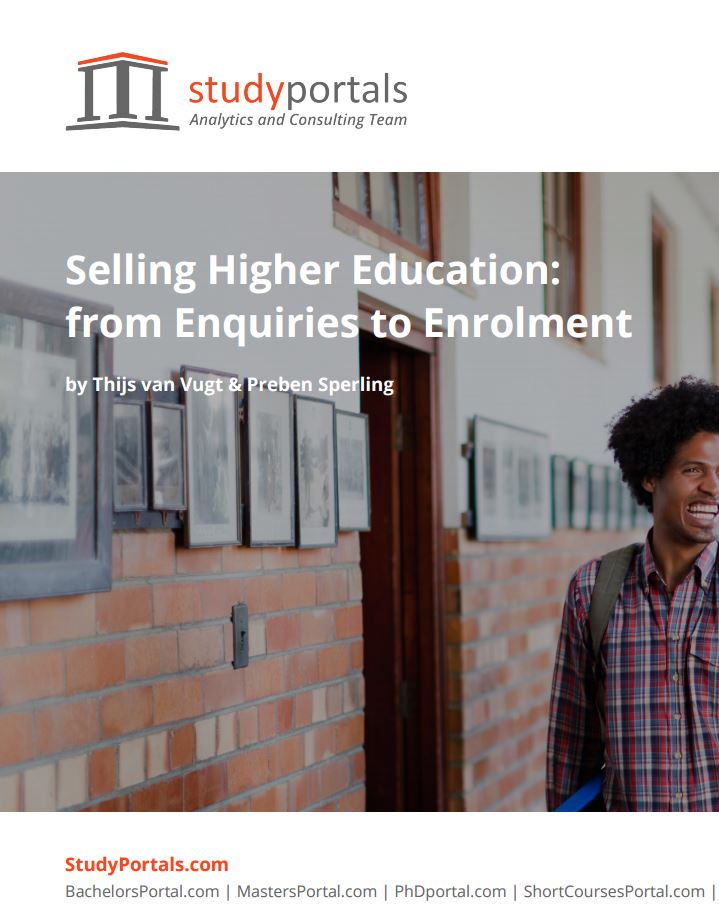Impact of distance education on adult learning
[REPORT] The IDEAL project seeks to examine how higher education institutions can and do contribute to adult learning by way of distance education.
The project aims to:
- offer insights on the needs of adult learners to both policy makers and distance education providers;
- strengthen the social dimension of higher education by better meeting the needs of adult learners;
- increase the participation of adult learners in higher education through distance education.
Outcomes
- 3 online publications on the distance education offer of European higher education institutions and the social profiles of adult learners enrolled in distance education (all in 2014);
- 1 printed report: “Increasing participation levels of adult learners in higher education through distance education” (2015);
- policy and capacity-building seminars to enhance the match between the distance education offer and the needs of adult learners (2015).
Why IDEAL?
Distance education is a fast growing and wide-spread phenomenon. The IDEAL consortium believes distance education, offering flexible learning paths, can contribute significantly to making higher education more accessible to adults. As many adults are unable to participate in on-campus education, distance education offers flexible learning paths that greatly enhance accessibility to higher education. However, its impact on adult learning has not been systematically analysed yet.
The consortium partners are well equipped for the task, combining the vast network and expertise of both ICDE and the renowned UNESCO Institute for Lifelong Learning, together with Studyportals, benefiting from the DistanceLearningportal where target groups of this project meet. To read more about the project, please visit http://idealproject.eu/.
Download the reports
Distance education offer of European higher education institutions
This report examines the distance education offer of European higher education institutions and identifies the intended target groups, in particular, adult learners. The report looks at the availability of distance education in European higher education, its geographic spread, as well as the number and types of programmes offered by HEIs, the number of enrolments in individual courses, and the institutional motivation for offering distance education courses. In addition, the report also addresses institutional strategies in distance education, describes their main target groups, the type of student support offered and discusses the future expectations of distance education institutions.
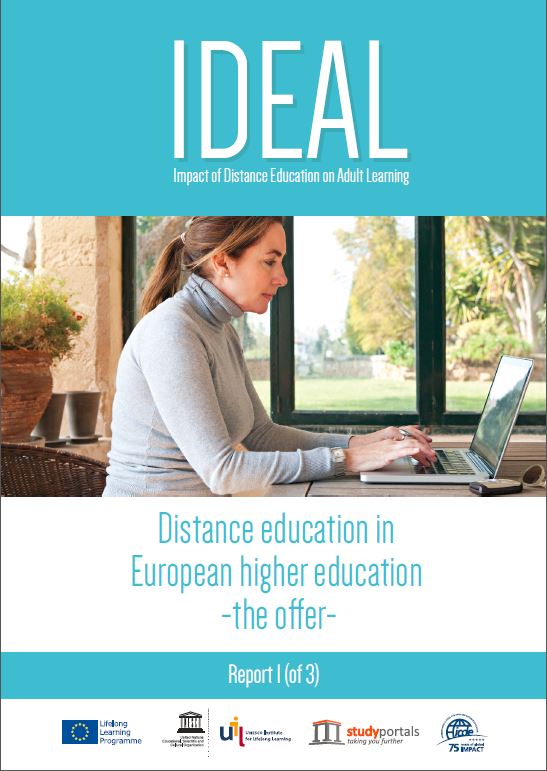
The present report looks at students in distance education in Europe and sets out to better understand the profile of the current student body in distance education (employment situation, age, gender, previous and current education), as well as their motivations of students to consider distance education, the main barriers to accessing distance education and the support adult learners receive during their studies.
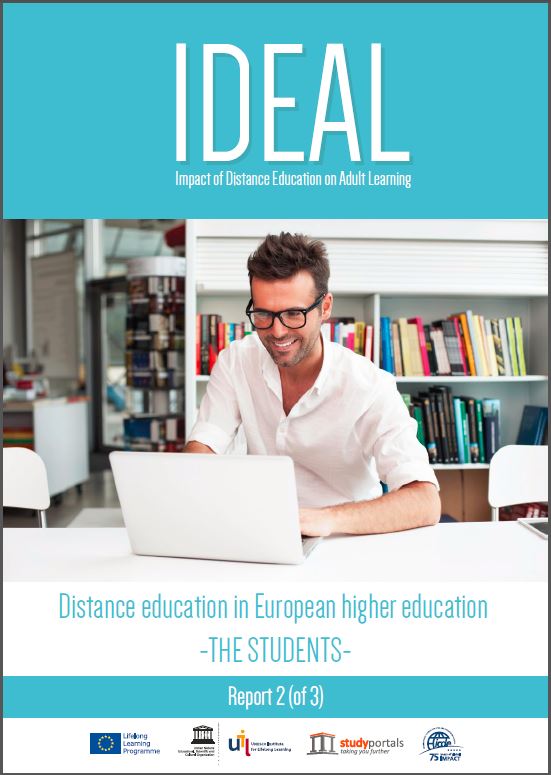
Social profile of potential distance education students
The present report looks at potential distance education students, and uses a triangulation technique to identify the social profile of the learners interested in distance education, as well as their motivations and barriers to accessing distance education. The extended version also includes five case studies focusing on: Finland, Germany, Greece, Hungary, and United Kingdom.
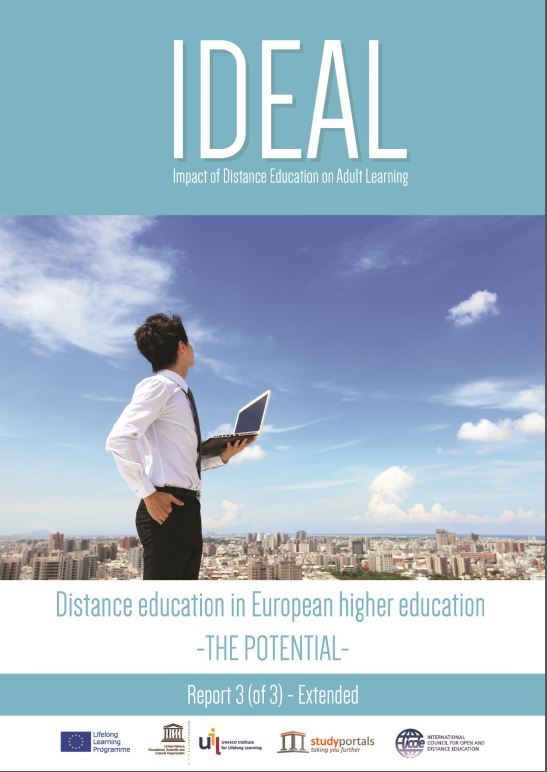
Distance education in Finland – Case Study
The IDEAL report on Finland was written by Nina Haltia and gives a short overview of the history of distance teaching in Finnish higher education institutions, followed by a description of the position of adults within Finnish higher education institutions and higher education policy. Last, the report summarizes the results of previous studies showing what is currently known about the motives, needs and difficulties of adult learners in Finnish higher education.
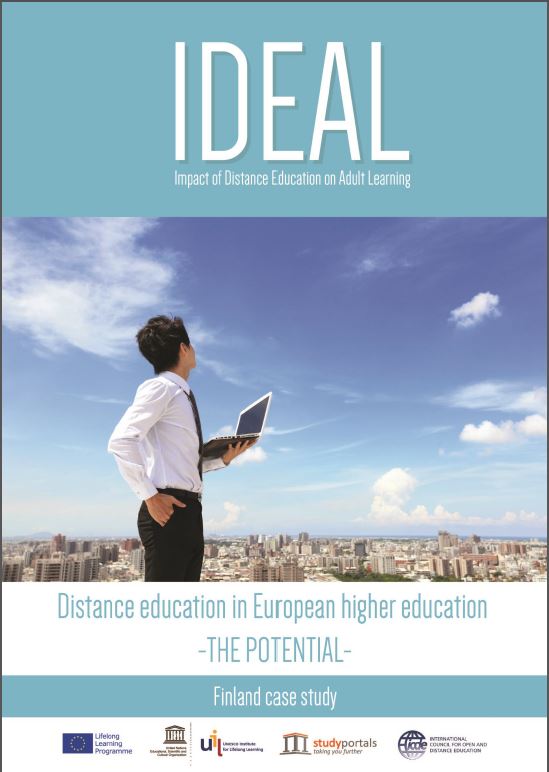
Distance education in Germany – Case Study
The IDEAL report on Germany was written by Joachim Stöter and Carl von Ossietzky from the University of Oldenburg. The case study examines the situation of distance education and distance learning in Germany. It is based on a review of empirical data presented by European and national institutions and authorities, an analysis of national and regional policy documents, and a review of the literature on the characteristics, needs and expectations of students who are interested or enrolled in online study programmes.
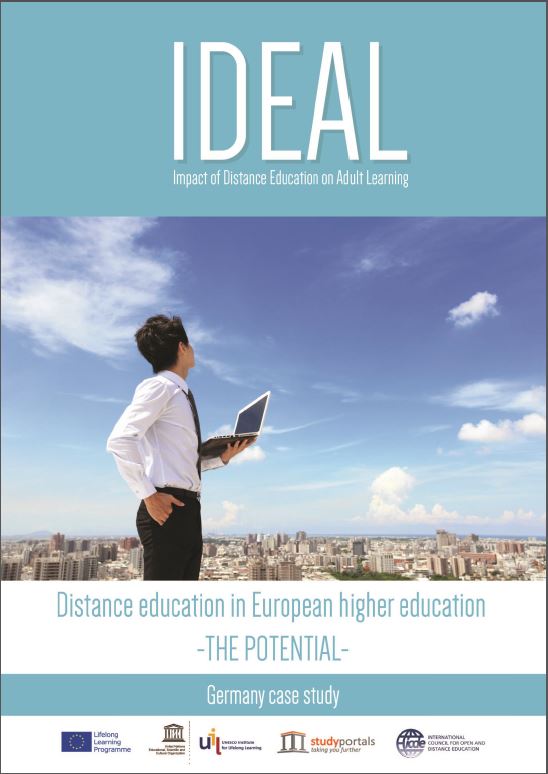
Distance education in Greece – Case Study
The IDEAL report on Greece was written by Spiros Borotis, research manager at the MENON Network EEIG. The case study examines the situation of distance education and distance learning in Greece, where the participation of adults in education and training activities lags behind the rest of Europe – less than 30% – and has been decreasing in recent years.

Distance education in Hungary – Case Study
The IDEAL report on Greece was written by Anikó Kálmán, Éva Cseszka, Maria Kocsis Baán and Fodorné Tóth Krisztina. The case study examines the situation of distance education and distance learning in Hungary, and takes a look at the number of e-learning courses offered by higher education institutions, student participation in distance and part-time learning. The case study also examines the social background, composition and characteristics of learners participating in distance education, and offers insights into prospective distance education students in Hungary.
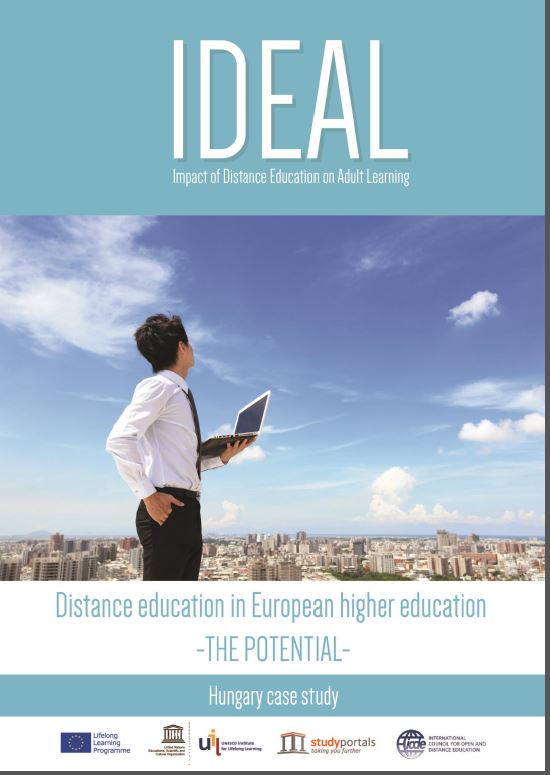
Distance education in the United Kingdom – Case Study
The IDEAL report on Greece was written by John Rose-Adams and John Butcher. The case study examines the situation of distance education and distance learning in the United Kingdom, and gives an overview of distance education by region, as well as a description of the barriers and enabling factors for adult learners, and a synthesis describing the potential for distance education in the future of UK higher education.
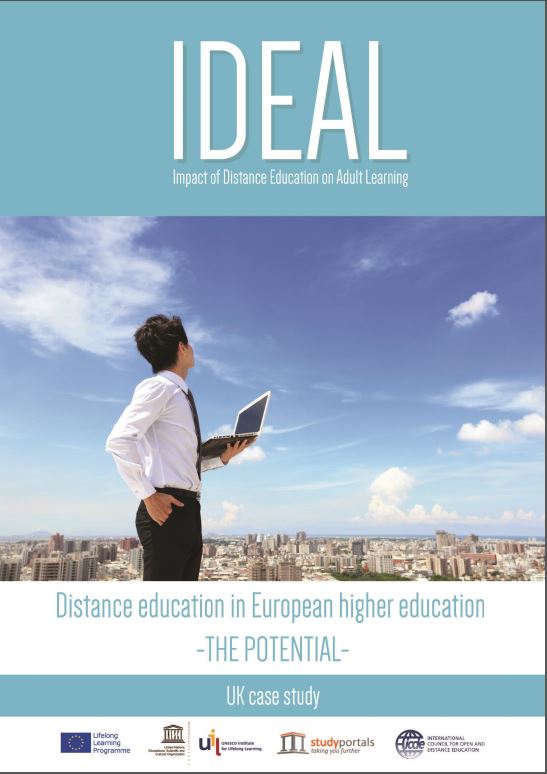
Closing the gap: Opportunities for distance education to benefit adult learners in higher education
The report summarizes the key findings of the research, and highlights the need for national policies addressing distance education within higher education, formal entry requirements which act as barriers to distance education, the general lack of communication regarding alternative access opportunities, the lack of transparency in tuition fees and the need for diversified funding opportunities, as well as a discussion of the major motivations, and the teaching methods and skills that still need to be developed to increase interactions in distance education.
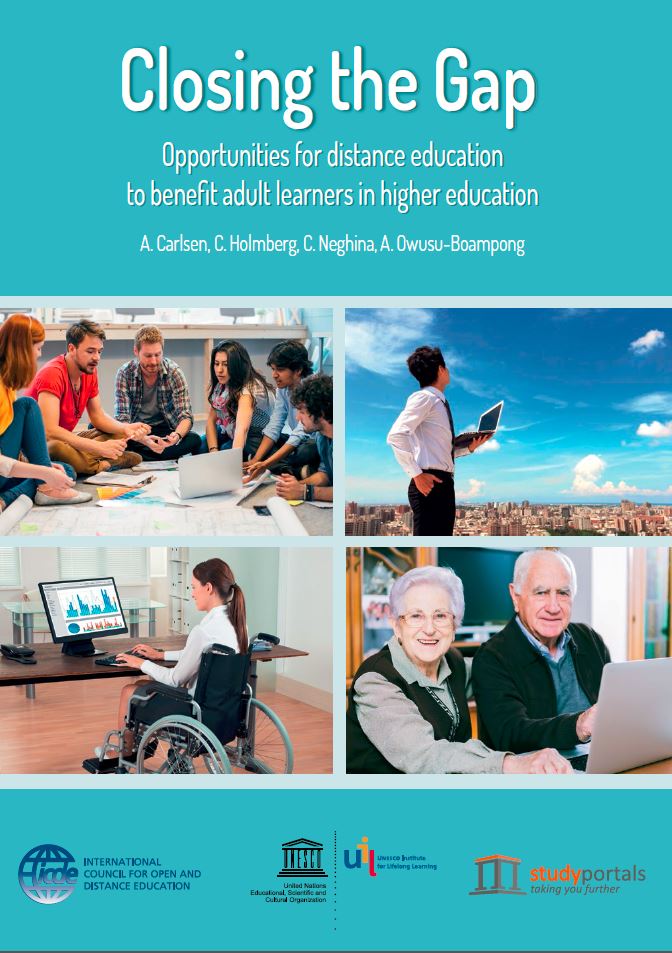
Download the reports
Articles
November 2015 – Webinar: Adults in Higher Education
